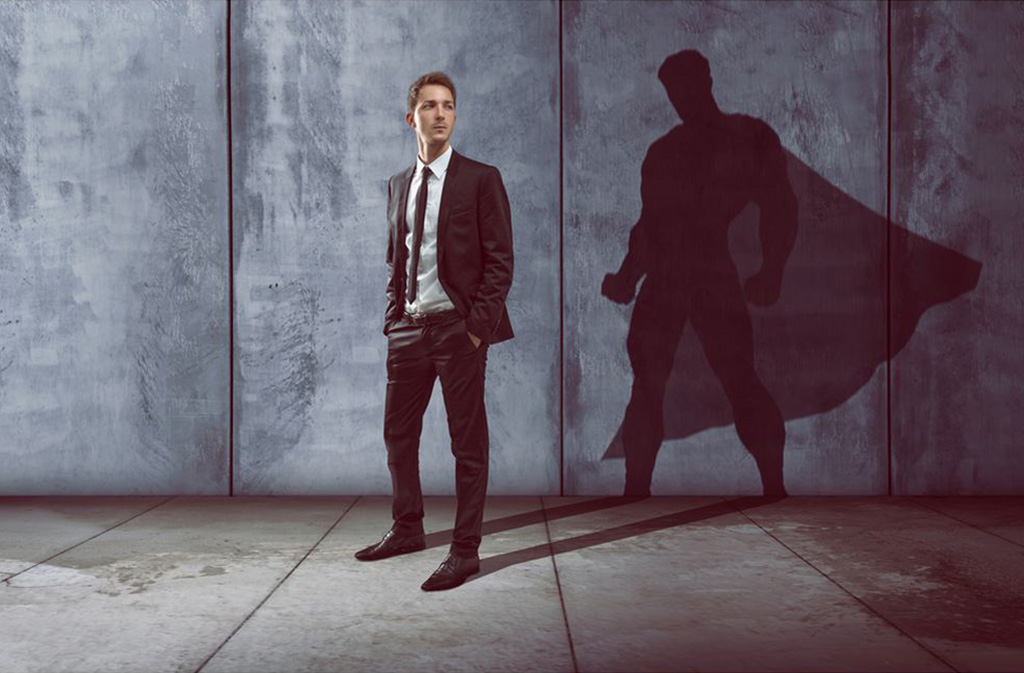Advice On Masculinity

Masculinity, in its most noxious, stifling forms, can hurt men. Suppressing emotions can lead to aggression and violence, make men less healthy both mentally and physically, and push them to be less accepting of others.
It can also hurt women. It can exacerbate rape culture, and subvert efforts (from both men and women) to promote gender equality. “Certain masculinities preserve and promote the inequalities experienced between men and women, and, in order to achieve gender equality, they must be dismantled,” reads one 2015 study.
But honest discussions and genuine camaraderie between men can counteract all that. Talking about how to be a man—a real man, one who is kind, who has freed himself of the pressures to be a worse man—can make all the difference.
We wanted to give prominent, high-powered men a place to do that. We spoke to men who are actively grappling with gender equality in their present work.
One of the most actionable questions we asked each participant was: What’s the best advice you’ve received from another man, and what’s your best advice for young men today?
US senator Cory Booker:
My best advice to young men today, which is advice I received from my dad, is to be a thermostat, not a thermometer. We all have this choice in life, we can be like a thermometer, simply reflecting the environment we’re in, or we can be a thermostat and take responsibility for setting the temperature.
Comedian Travon Free:
This is a great question, as I’ve received advice from a host of great men and I could probably list a number of them. But what immediately comes to mind is from two men: Jon Stewart said to always trust your discomfort and it applies to many facets of life. When you feel uncomfortable, your body is trying to tell you something and you shouldn’t ignore it. The second is from a great man I’ve come to know, photographer Ruddy Roye, who reminds me constantly to act with intention and purpose. If you know what you’re doing and why you’re doing it you can rarely go wrong.
My advice to young men today is to think critically about what it means to be a “man.” Are you moving, breathing, behaving, and being the person you want to be, the man you want to be, or are you performing manhood and masculinity as it’s been prescribed to you by society? The answers may surprise them. This is how we begin to create a new generation of men who see equity as beneficial and not detrimental to their advancement.
Bridesmaids director Paul Feig:
Well, my father was a very fair and very good man, but he just had absolute contempt for [any] married man who cheated on his wife. To him that was just completely inexcusable, and he really drummed it into my head. That is a very, that’s a terrible thing to do, he taught me, and no real man who’s worth anything would actually do that. So you need to be sure. You shouldn’t just jump into marriage lightly, and when you do, make sure it’s right. And stay with it. And my best advice for young men today would be to be friends with women. You know, it’s not about trying to date everybody, if you’re into heterosexual relationships. Be friends with women, and that should really start when you’re kids.
If anything, I think this is advice for parents of boys, to make sure that their boys have female friends growing up. Because what happens when boys and girls aren’t friends with one another is it just becomes, you know, “Them versus us,” and girls are later thought of as a prize, or a conquest, or something to acquire sexually. But growing up, almost all my friends were girls. And because of that, I was always just in tune with what you should and shouldn’t do, or what upset them, or made them happy, or wasn’t cool. And once you have the groundwork for thinking of girls as equals, you can’t just shift that.
AOL co-founder Steve Case:
The best advice I’ve ever received was in the form of an African proverb: “If you want to go quickly, go alone. If you want to go far, go together.” Going together is about creating a more inclusive society. It’s an issue of equity and fairness, to be sure, but it’s also an issue of economic competitiveness. We shouldn’t just view this as a problem to solve—although it is—but also as an opportunity to seize, so we can be fully competitive as a nation.
New York Times reporter Walter Thompson-Hernandez:
My advice for young men is to think about who we were as children. Who were we before society took a hold of us? We need to reflect on the people we were before many of us were forced to believing that masculinity and tenderness cannot coexist together. I’ve been on this path for quite some time now and I urge us all to think about the boy or child who was filled with immense light, softness, and joy and to do all that we can to reclaim him.
